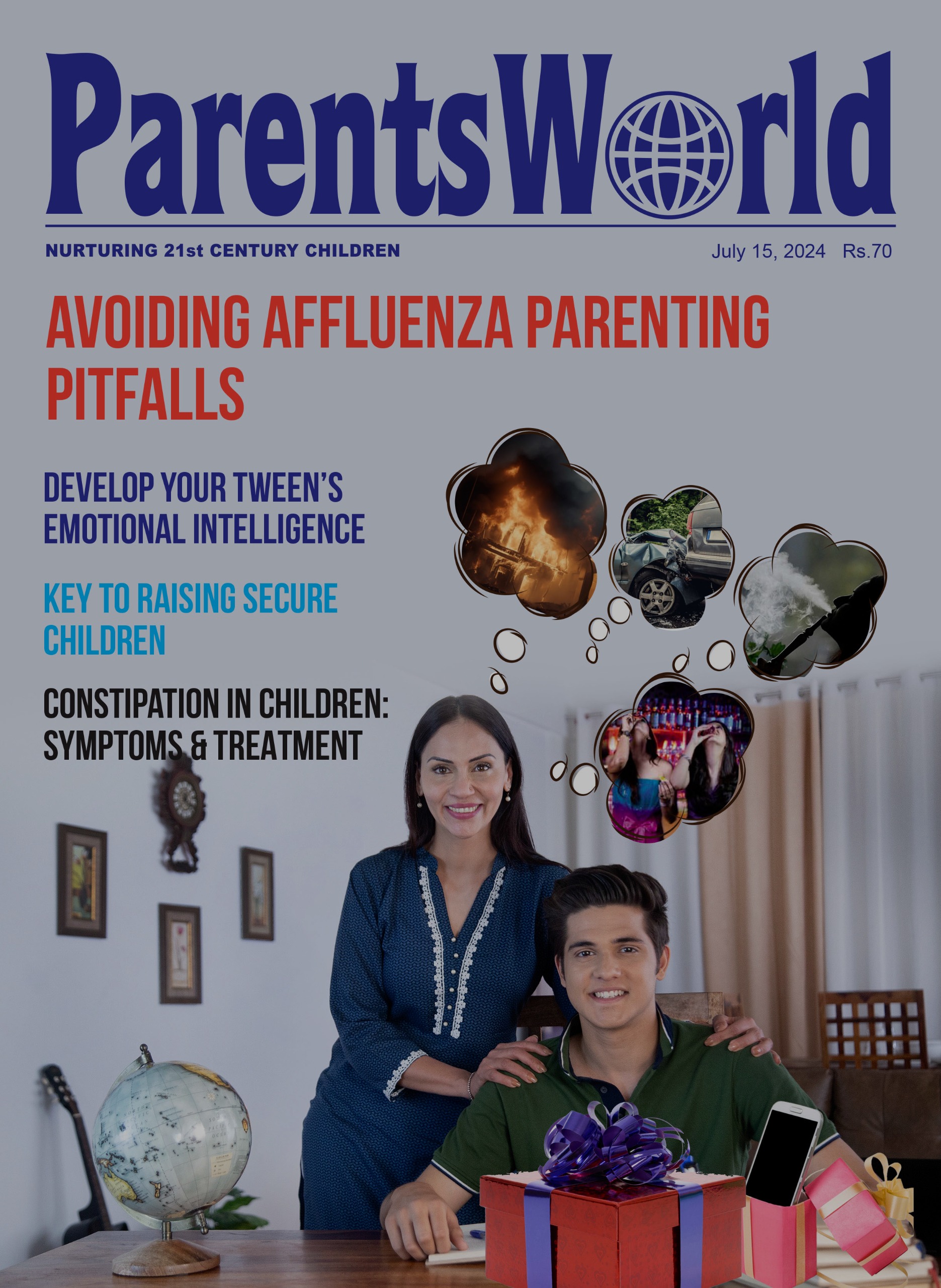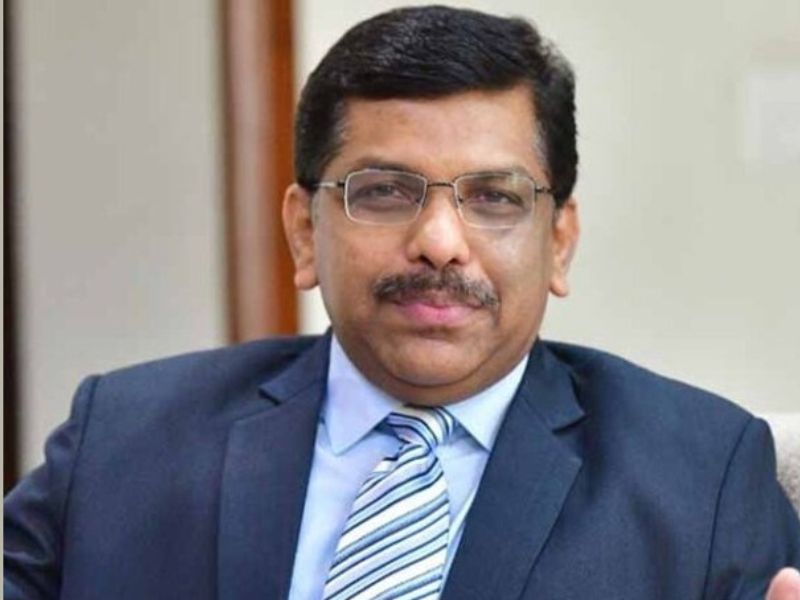-Autar Nehru (Delhi)

Delhi-based DIYA BADGEL is the new India director of the AFS Intercultural Programs. Promoted in 1915 as the American Field Service (AFS), currently AFS is a US-based non-profit organisation providing multinational exchange programmes for children and young adults to develop the knowledge, skills and understanding required to create a more just and peaceful global order.
Newspeg. An alumna of the top-ranked Lady Sri Ram College for Women, Delhi, Amity (Noida) and Lucknow universities, Badgel assumed charge at AFS India in October (2022).
History. Badgel, who also has a degree in design from Pearl Academy, started her career in 1999 as a teacher at the National Institute of Fashion Design (NIFD), Lucknow and quickly rose to the position of head of department. In 2001, she moved to the UK and served as an administrator in the Metropolitan Borough Council. Two years later, she relocated to India and started teaching at Sweet Blossoms, Lucknow, a pre-primary started by her family. This was followed by stints as principal of City International School, founder-principal of MySchool and Birla Open Minds International School — all in Lucknow. Over the past two decades, prior to her appointment at AFS India, Badgel also served as director of the Seth Anandram Jaipuria School, Alambagh, Lucknow.
AFS Intercultural Programs. AFS was started in 1915 by Prof. A. Piatt Andrew, a professor of economics at Harvard University and erstwhile assistant secretary at the US treasury. Since then over the past century, AFS has established AFS Intercultural Programs, an international youth exchange initiative to promote intercultural intelligence and tolerance. In 2022, 5,678 high school students, young adults and teachers in 55 countries exchanged habitats under AFS programmes.
The organisational model is ‘stay and study’, under which groups of students and teachers ‘exchange’ countries to live in the homes of AFS selected host families and/or host education institutions. The duration of exchange programmes range from one week to a year. During their stay with host families/schools, students are ‘guided’ by AFS volunteers to experience host cultures and lifestyle.
AFS programmes are unique inasmuch as exchange students actually acquaint themselves with local curriculums in the host school during the period of their stay. In India, AFS has 150 member schools. Though essentially an inter-country exchange programme, post-pandemic, AFS is focusing on promoting intra-country (domestic) student habitat exchange. Recently a ‘stay and study’ inter-school exchange programme was organised between Lawrence School, Ooty and Scindia School, Gwalior.
Direct talk. “Our exchange programmes are aligned with our prime mission to promote global peace and harmony by building friendship networks through intercultural learning and bonding. Intercultural exchange programmes between schools and students is a beautiful way to bring them closer. India is a vast country with amazing cultural diversity. Therefore we have also introduced exchanges between school teachers and students of different states of the Indian Union. Now that the world is gradually opening up after two pandemic years, I am also expecting AFS’ inter-country exchanges to gather momentum,” says Badgel.
Future plans. AFS India has drawn up a master plan to actively work with schools in India to prepare for its first ever Annual AFS Network Meeting in New Delhi later this year. “We plan to promote student and teacher exchanges between India’s 28 states and eight Union territories. Moreover for the AFS Network Meeting in October we have invited the director of AFS International USA and partner directors from around the world plus other eminent educators,” says Badgel.
A welcome peace and understanding initiative in an increasingly fractious and divided world.
























